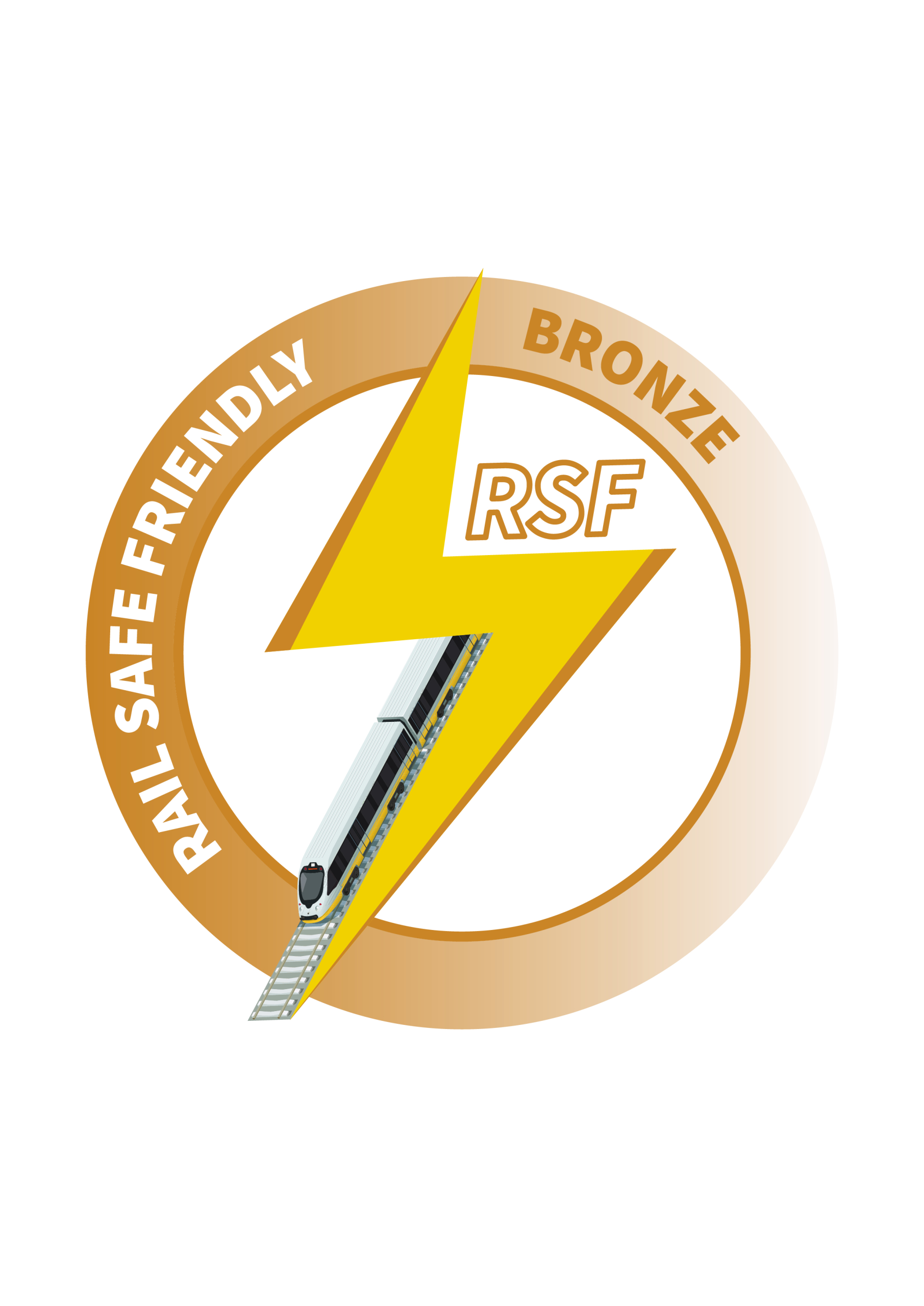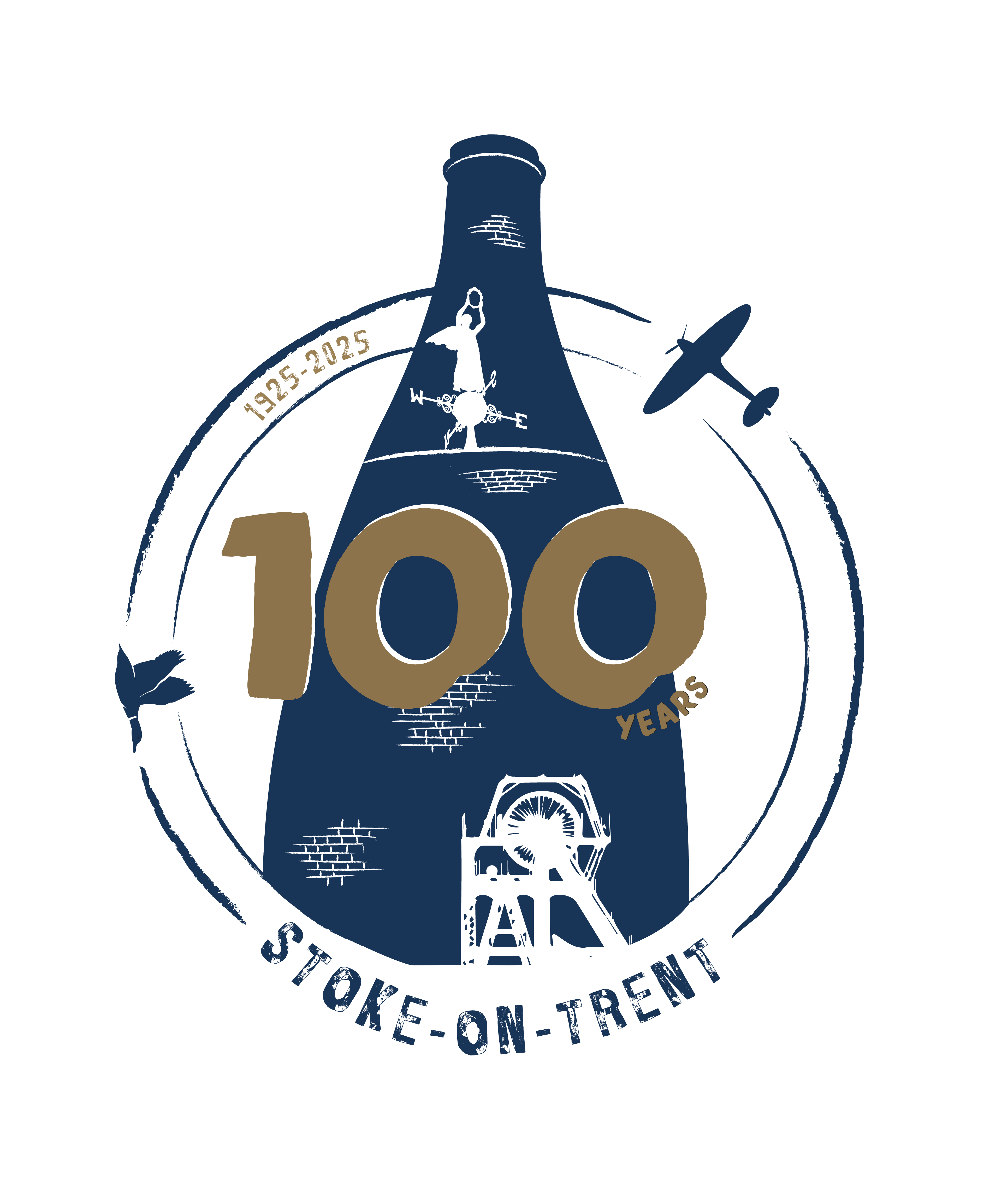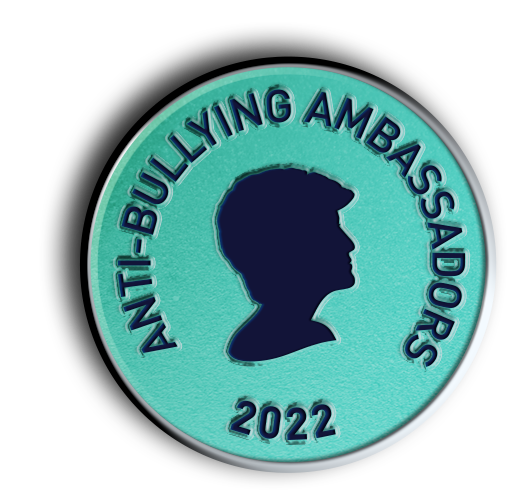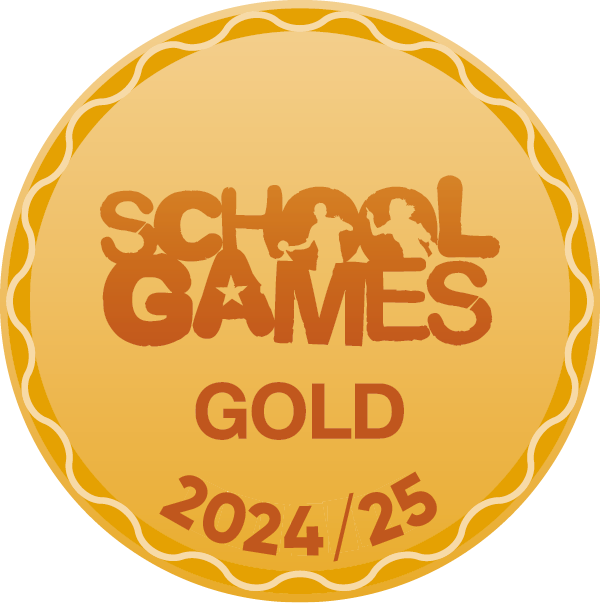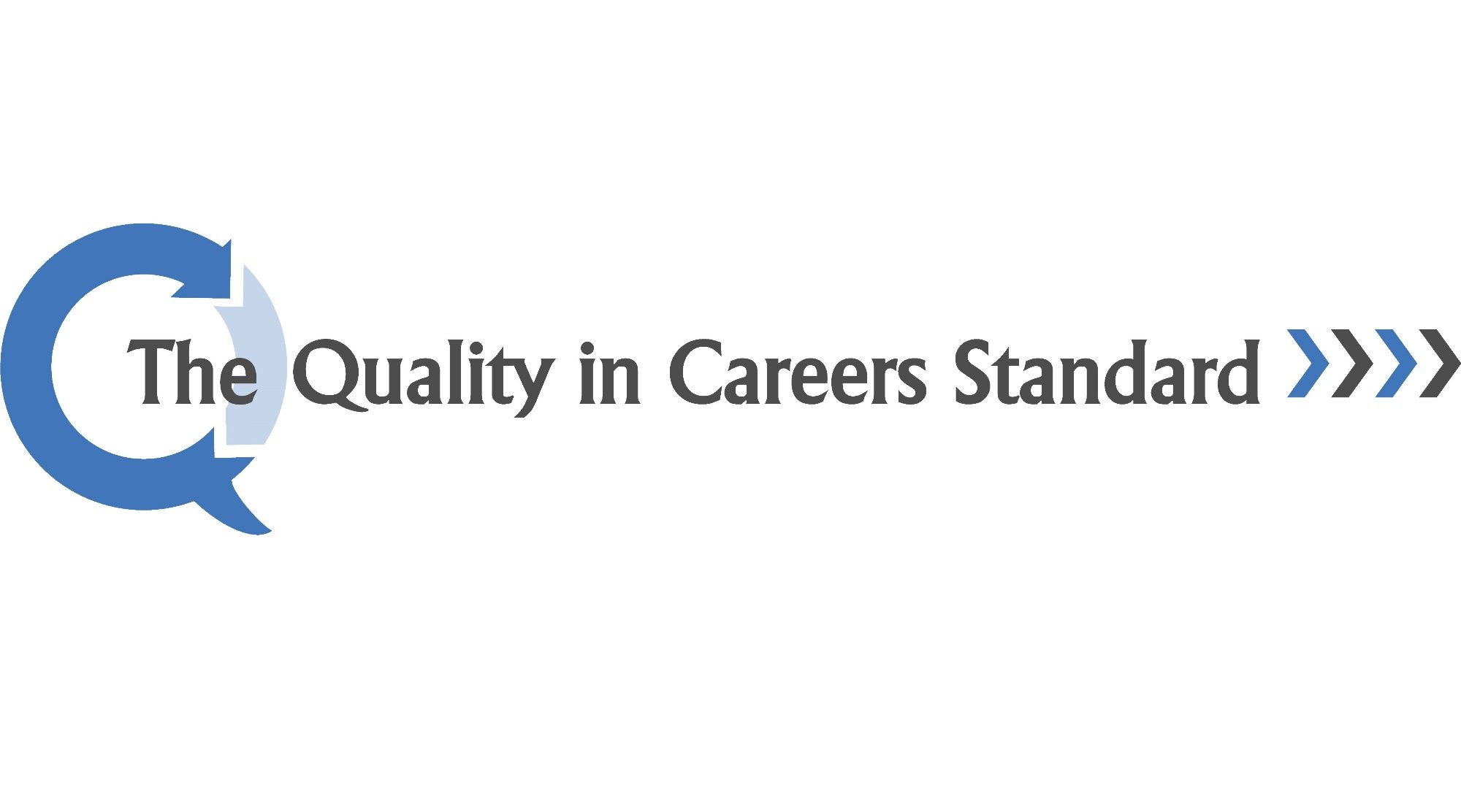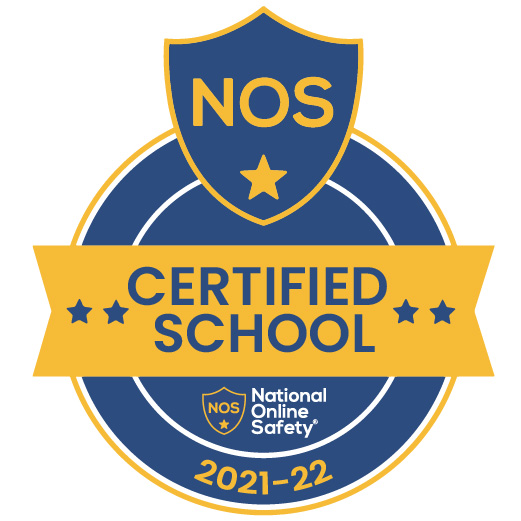Design & Technology
Design Technology at OSSMA:
At OSSMA, we aim to inspire and engage all learners to be creative and innovative, manage and control risks, work safely with a variety of tools and materials, and become resourceful, enterprising, and resilient citizens.
There are many reasons D&T is important to the Curriculum:
The Design and Technology department at OSSMA is committed to delivering a curriculum accessible to all which provides the broadest possible range of opportunities for students. One which will allow students to become self-motivated and confident learners who can work independently and as part of a team. We aim to ensure that learners develop technical and practical competencies as well as the wider skills valued by employers. Our main priority is for students to be problem solvers who are not afraid of making mistakes. We hope our students will become responsible citizens who make a positive contribution to society.
The department firmly believes that students learn best by ‘doing’ and by allowing them to experiment and take risks in a safe and positive learning environment. This is achieved through imaginative teaching that embraces new technologies and resembles modern industrial processes whilst retaining the best of traditional practices. At the heart of this is the desire to deliver a curriculum in which students produce high-quality outcomes. Students must learn about the social and ethical responsibilities of designers and engineers and the importance of managing finite resources with care.
At OSSMA, we work hard to give learners opportunities to meet as many of the Department Aims as possible:
- To establish a safe learning environment which is conducive to learning is stimulating, imaginative and relaxed, where students feel supported and secure.
- To link to many different curriculum areas in order to develop a set of transferable skills they can enjoy in school and use in their future working lives.
- To enable students to combine their designing and making skills with knowledge and understanding in order to design, make, analyse and evaluate products of high quality.
- To value the work of all students, using assessment as a means to monitor student progress, provide information in relation to attainment on a national scale and form a basis for individual action plans.
- Understand and can apply the principles of nutrition and learn how to cook, as well as lead a healthy lifestyle.
- Provide a challenging curriculum that is adapted to best suit all learners, including those with SEND.
KS3
Our KS3 curriculum allows students to experience all aspects of Design and Technology outlined within the National Curriculum. We look to contextualise learning through the use of industry-based design briefs allowing students to complete a range of work linked to the wider world. At KS4, we deliver a range of different GCSE and vocational courses with a view to continue students’ development and offer both traditional and new courses looking to make links to further education, apprenticeships and employment within STEM industries.
The curriculum supports students’ emotional, creative and intellectual development in a variety of ways:
- By developing their creative, technical and practical expertise to perform everyday tasks confidently and to participate successfully in an increasingly technological world.
- Allowing students to build and apply knowledge, understanding and skills in order to design and make high-quality prototypes and products for a wide range of users.
- To critique, evaluate and test the work of others, their own ideas and products
- To understand and apply the principles of nutrition whilst learning how to cook.
- We aim to provide and equip all students with the following life skills:
- Manufacturing, engineering, cooking, and sewing skills/techniques
- To be independent learners in their future career paths
- To be innovative and creative thinkers
- To be able to manage their own projects and solve technical problems
- To have an awareness of environmental, social, and moral issues in an ever-changing world
- To be good communicators
- To be able to use functional skills within literacy, numeracy and ICT, including CAD/CAM
All students complete a range of work within Engineering, Textiles and Food Technology where we follow the Design Process (Design, Make and Evaluate) This is a core of our curriculum that supports this: particularly in KS3 where this forms our assessment criteria.
Key Stage 3:
Key Stage 4:
Students in Year 10 begin their studies for their GCSEs. At OSSMA, students can choose GCSE Design Technology (Textiles), OCR Cambridge Nationals in Engineering Design or WJEC Hospitality and Catering.
